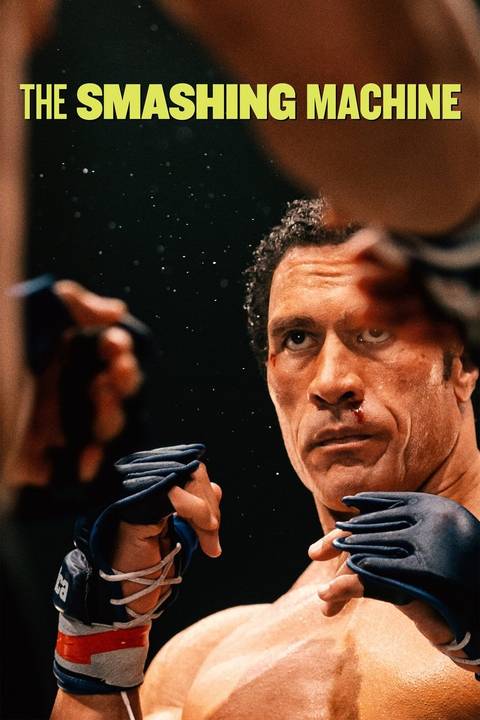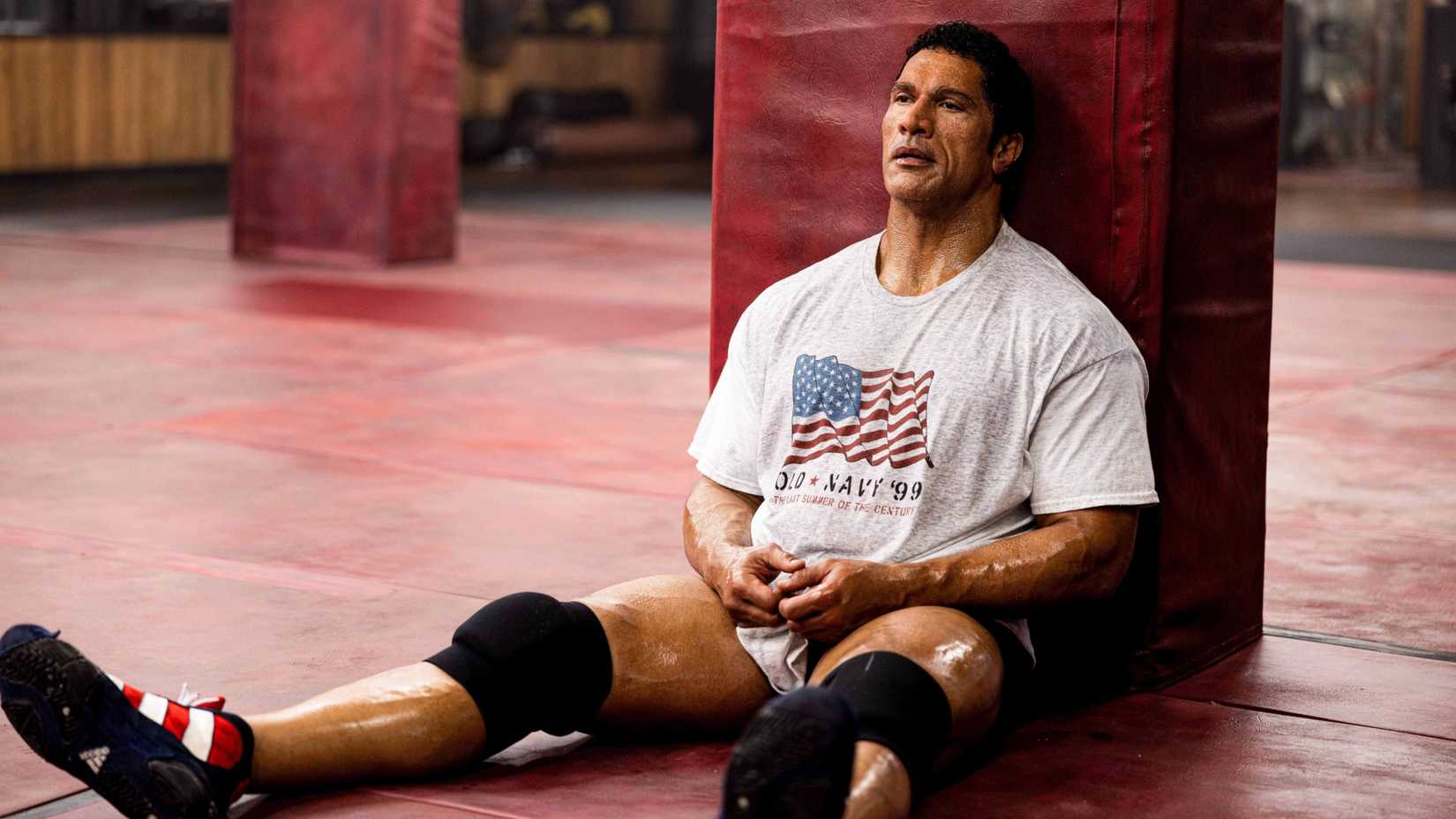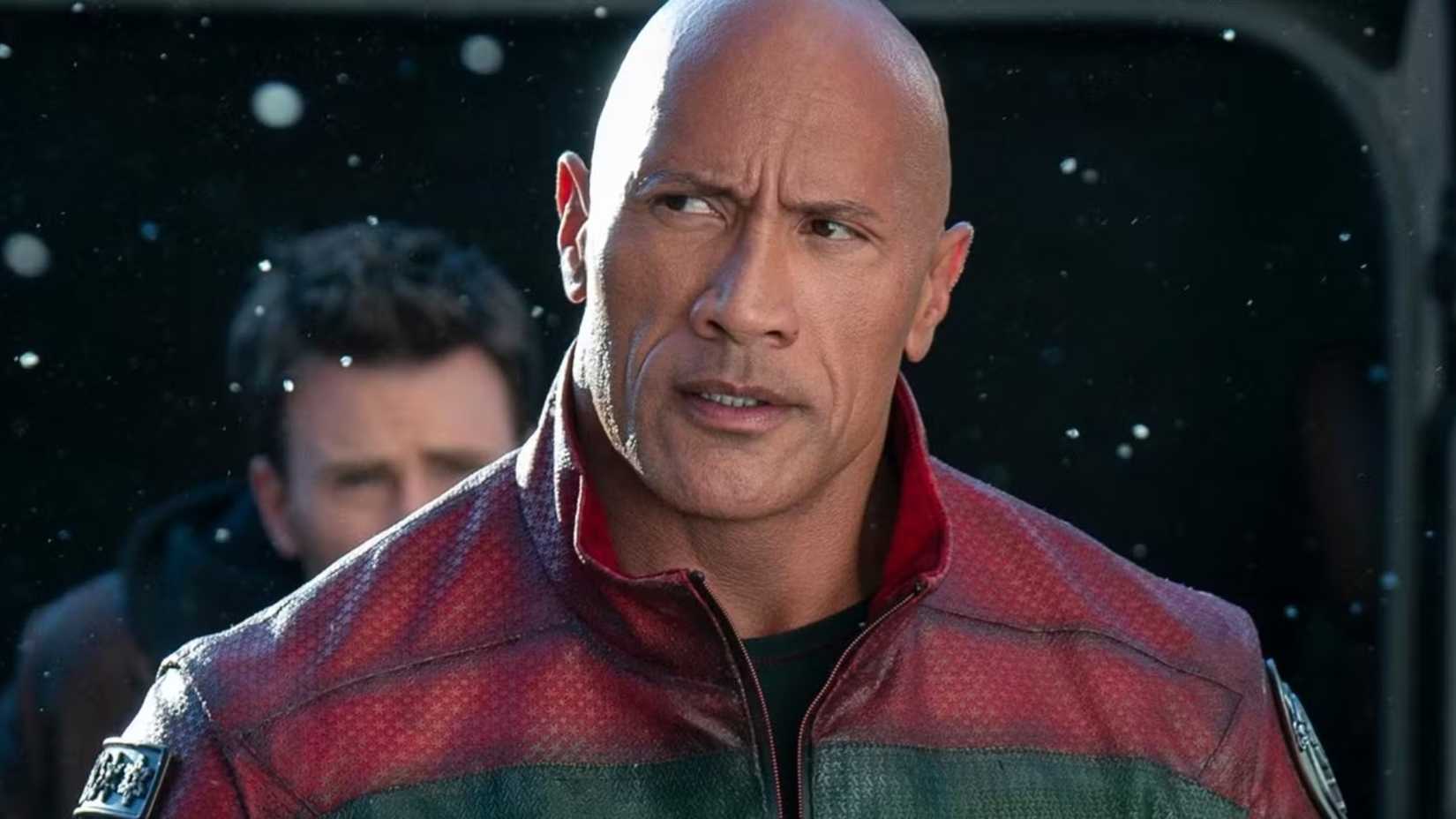When the first images from the biographical sports drama film The Smashing Machine were released and revealed Dwayne Johnson’s stunning physical transformation for his performance as former amateur wrestler and MMA fighter Mark Kerr, there was immediate speculation that The Smashing Machine might result in Johnson’s first Academy Award nomination. This only intensified after The Smashing Machine had its world premiere at the Venice Film Festival, where the film, along with Johnson and director Benny Safdie, received a thunderous 15-minute standing ovation.
However, the Academy Award promotional campaign for The Smashing Machine lost a considerable amount of momentum by the time the film arrived at its theatrical release, because while The Smashing Machine, which currently holds a 72% Rotten Tomatoes rating, has received generally positive critical reviews, the audience word-of-mouth reaction has been much less enthusiastic. The consensus is that The Smashing Machine is a slow-burn drama that focuses more on Kerr’s battle with addiction than the type of bone-crushing fight scenes that would have appealed to Johnson’s decidedly action-oriented core audience.
This commercial miscalculation is reflected in the film’s dismal box-office debut, for which Johnson experienced the worst domestic box-office opening of his feature-starring career. Indeed, as The Smashing Machine represents the most severe test of Johnson’s once indomitable commercial appeal, the film’s failure has raised serious questions regarding Johnson’s ongoing box-office drawing power.
Taylor Swift Knocked Out Dwayne Johnson at the Box Office
While The Smashing Machine was initially projected to gross $20 million in its opening weekend of domestic release, this was steadily lowered to $17 million, and then $15 million, before eventually settling at $8 million. All these projections were made with the initial belief that The Smashing Machine would face its most direct competition at the box office from the holdover action thriller film One Battle After Another. Of course, this was completely upended by the surprise theatrical release of the promotional film Taylor Swift: The Official Release Party of a Showgirl, which dominated One Battle After Another and The Smashing Machine at the box office with a domestic opening of over $34 million.
Given that Dwayne Johnson presently holds more than 562 million social media followers, compared to 548 million for Taylor Swift, this box-office battle was expected to at least be competitive, especially since only one of Johnson’s previous wide-release feature-starring vehicles, the 2017 action comedy film Baywatch, has had a domestic opening of less than $20 million. However, Swift wiped the proverbial floor, commercially speaking, with The Smashing Machine, which had a domestic opening of just $6 million, the lowest total of Johnson’s feature-starring career, below the $8.5 million domestic opening of the 2010 action thriller film Faster.
In explaining this gaping disparity, the most obvious explanation is that Taylor Swift: The Official Release Party of a Showgirl provided Swift’s rabid legion of followers with precisely the type of viewing experience that they were looking for, while the virtually unrecognizable Johnson’s dramatic turn in the cerebral and emotionally draining The Smashing Machine alienated Johnson’s longtime followers, who have obviously become so accustomed to seeing Johnson in the action-oriented and family-friendly Fast & Furious franchise and Jumanji film series that they’re not at all inclined to follow him outside this rigid formula.
Audiences Don’t Want to Smell What Johnson Is Cooking with ‘The Smashing Machine’
While it was admirable to see Dwayne Johnson’s expression of gratitude on social media, both for the opportunity to play the gritty role of Mark Kerr in The Smashing Machine and to the people who have paid to see the film, the film’s disastrous box-office opening is reflected in a lackluster B- CinemaScore rating, a rating that, while typical for a film that was directed by the divisive Benny Safdie and released by independent distributor A24, represents uncharted territory for Johnson, whose last theatrical release, the 2024 Christmas action comedy film Red One, received an A- rating.
The Smashing Machine is facing a demographic death sentence at the box office, where 70% percent of the film’s current total theatrical audience is male, with 64% of the total audience being between the ages of 18 and 34, while only eight percent of the audience consists of people over the age of 55, a key demographic for an unconventional Johnson starring vehicle that’s been positioned as being an art-house drama with awards appeal. The Smashing Machine is experiencing the worst of both worlds at the box office, where most of the narrow subset of people who felt the need to pay to see the film in a theater have been left disappointed by the film’s relative lack of action and its unconventional narrative approach, hence the weak audience score.
Johnson Is a Declining Box-Office Star
The box-office failure of The Smashing Machine provides clear evidence that Dwayne Johnson lacks the box-office drawing power with which to propel non-franchise or non-IP feature-starring vehicles to box-office success. This is emblematic of a broader trend in Johnson’s career over the past decade, in which his successes have grown incrementally smaller, while his failures, such as Black Adam and Jungle Cruise, have grown larger in scale, especially in relation to their mammoth production costs.
The 53-year-old Johnson is now fighting the same battle for commercial relevancy that was experienced by Sylvester Stallone in the 1990s and Arnold Schwarzenegger in the 2000s. The Schwarzenegger comparison seems especially telling now, recalling a momentous scene in Johnson’s great 2003 action comedy The Rundown, in which Johnson’s character, Beck, enters a nightclub, where he encounters Schwarzenegger, who simply smiles and says “Have fun” while walking past Johnson. It’s an iconic passing-of-the-torch moment, a ritual that Johnson may be required to perform, figuratively or literally, in the near future to Austin Butler, Michael B. Jordan, Glen Powell, and the rest of the younger generation of action stars who want to take Johnson’s place.

- Release Date
-
October 3, 2025
- Runtime
-
123 minutes
- Director
-
Benny Safdie



